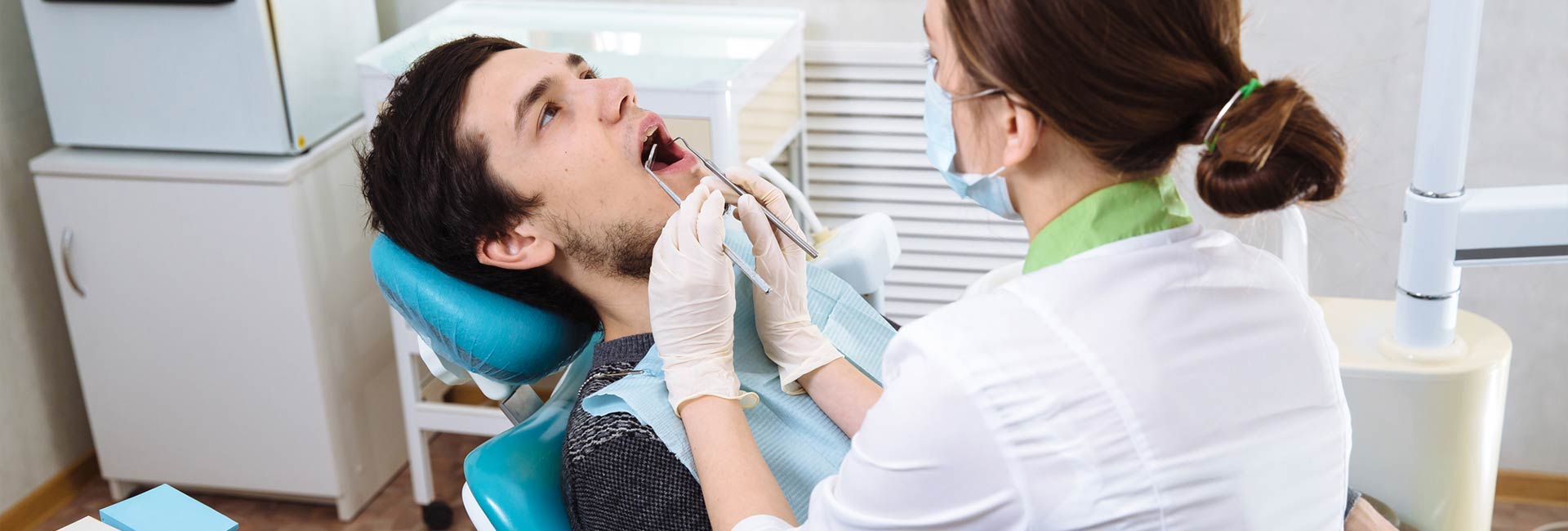A guide to the “whys” and “hows” of dental extractions
We are your “home” for exceptional and lifelong dental care in Los Alamitos, California. Led by six talented dentists, our team truly partners with patients to avoid the conditions that lead to tooth loss which, in turn, prevents the need for dental extractions.
Extractions are essentially a “last resort.” Every effort is made to preserve all of your teeth for a lifetime. Tooth loss is not a “normal” part of the aging process. There is a notable exception to this rule, which is impacted wisdom teeth.
“Simple” extractions
Extractions take on different forms. Those characterized as “simple” involve removing teeth largely visible in the smile. They are generally intact and easy for our dentists to access.
These teeth may have sustained certain fractures, decay, injury, or trauma. They may not be good candidates for treatment with root canal therapy.
We use special dental instruments to grasp and loosen the troublesome and irreparably damaged tooth.
Surgical extractions
Also known as “complex” extractions, this method is appropriate for teeth that are badly broken or not intact. These teeth may be partially or fully “impacted” in the jawbone and difficult to access and remove.
Impaction often occurs as wisdom teeth develop. These “third molars” are the last teeth to surface in the mouth, so they may not have enough room to erupt properly and fully. Instead, they may try to break through the gums at an angle, becoming partially or completely trapped or impacted.
As these molars attempt to break through the gums, patients may experience considerable pain and pressure. Additionally, impacted wisdom teeth threaten the health of surrounding teeth and tissues. In addition to pain, you may notice a foul taste in your mouth and swelling.
Since not all wisdom teeth become impacted, we proactively monitor their development during routine dental check-ups. We recommend extraction promptly if these molars are not developing normally.
The offending tooth is accessed through an incision. The specific techniques used to remove the tooth depend on various factors, including the nature and extent of the impaction. We advise on anesthetic and sedative options for utmost relaxation and comfort.
Do not delay – Schedule an appointment today!
We may be able to intervene early enough in the disease process to “save” your tooth. Call us at (562) 539-0011 or via the “contact” tab on this website.



